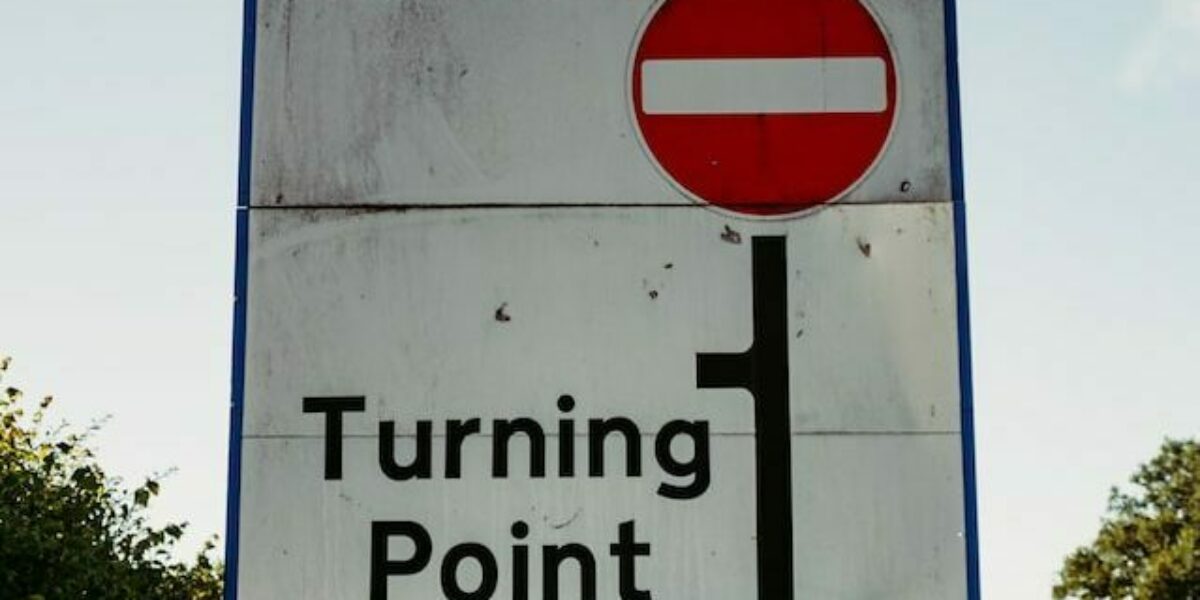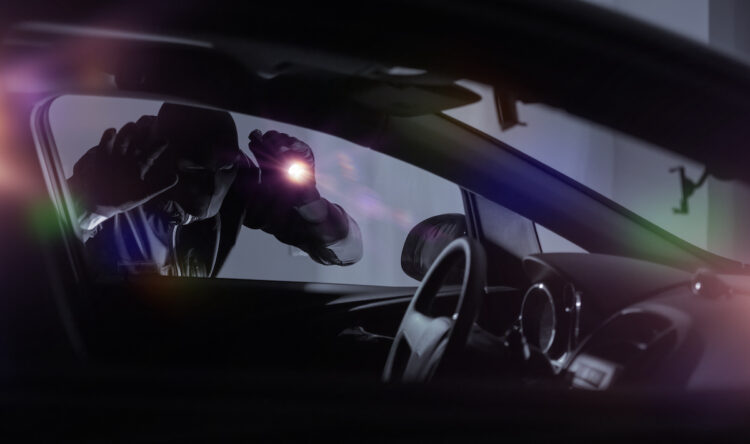DVLA labelled ‘antiquated’ ‘slow’ and ‘inefficient’
MPs call for radical changes to the current system of driving licence provision
The Department for Transport (DfT) and in particular the Driver and Vehicle Licensing Agency (DVLA) have been highly criticised by MPs.
The Public Accounts Committee has called for a series of changes to the licensing regime in a highly critical report published today .
It identified around three million licences that have been subject to delays since April 2020, while complaints about DVLA greatly increased.
Out of mind, out of pocket
MPs on the Committee received submissions during its investigations from people who describe losing their jobs, their incomes, and being unable to start or return to work because of the delays. Others had difficulty arranging motor insurance or were unable to hire a vehicle or drive abroad.
Out of around 40 submissions received, three quarters were from customers with medical conditions requiring the DVLA to decide on their fitness to drive.
Delays by the DVLA left many customers experiencing isolation and worsening mental health. Their daily live and lifestyles were adversely affected causing anxiety and distress, not to mention financial worries.
According to the inquiry, these issues lasted for more than two years. This is despite the DVLA changing the law to postpone driving licence renewals, investing in new buildings and additional staff, and making more services available online.
To add to distress, it became hugely difficult to contact the DVLA .
Must do better
In their report, the Committee concludes that the DVLA’s system to process applications from customers with medical conditions is “slow, inefficient and in need of major improvement”.
These customers and those applying by post have been badly affected by the delays, it says, but adds that almost all of the 17 million customers without notifiable medical conditions had their applications processed within three working days.
DfT also failing
MPs were also critical of the Department for Transport (DfT). They are accused of taking a “hands-off” approach and failing to ensure DVLA is using modern working practices and up-to-date technology.
Dame Meg Hillier MP, chair of the Committee, says: “Some of the DVLA’s operations are antiquated, it lacks a comprehensive strategy for modernisation and on PAC we’re unconvinced they’re more ready for the next crisis.”
The inquiry admits that the pandemic threw up numerous issue that impacted on how the Agency worked. However, the systemic problems were obvious before that. When the Covid hit, the structure could not cope and, without change, it will undoubtedly happen again.
“When that does arise it will again be the most vulnerable customers – people for whom driving is a lifeline – who are worst hit. That’s just not acceptable. The DVLA has to get its act together.”
Improving picture?
When the Committee took evidence in November, the DVLA expected to clear its remaining backlog of such applications by January 2023. It would then return to meeting its target of processing at least 90% of these applications within 90 working days.
The National Audit Office report has since identified that the DVLA has cleared the backlog of standard paper applications after the first year.
Customers experiencing problems after notifying the DVLA of medical conditions have been the main source of complaints to the DVLA since 2018-19.
At present information required from GPs and other medical professionals is requested and returned using paper documentation.
Moving forward, it intends to introduce modern, digital communications to speed up information exchange. However, the Committee are concerned about he this will actually happen.
The Committee has given the DVLA six months to share an improved contingency plan.







